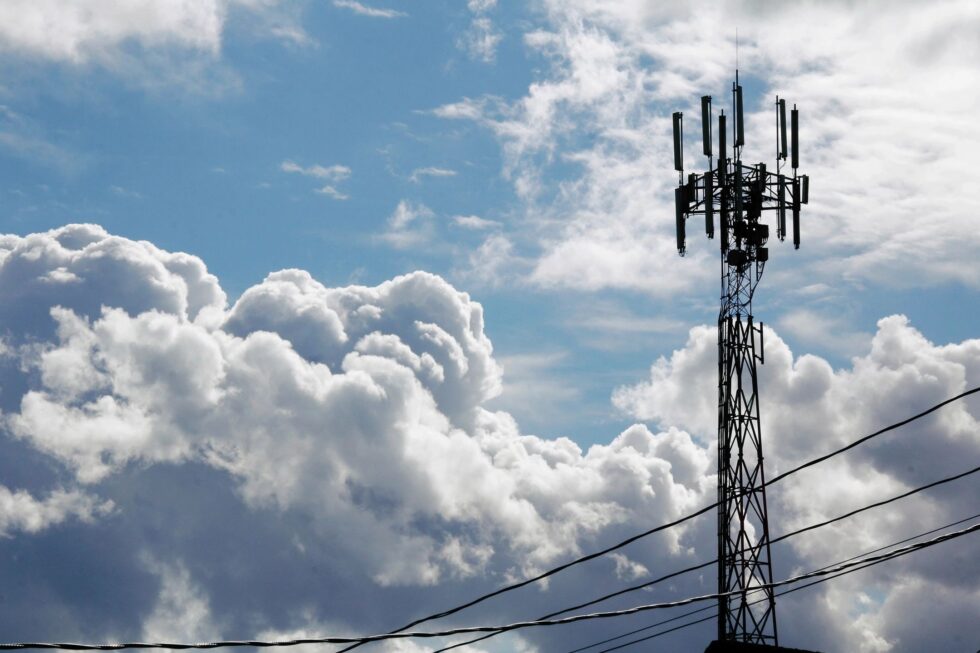
Gov. Brian Kemp unveiled plans Friday to expand broadband access for thousands of Georgians in Middle Georgia, marking the latest move to boost high-speed internet in rural parts of the state.
Washington EMC is set to partner with the Kansas City-based fiber optic company Conexon to build a 3,000-mile fiber network serving more than 12,000 homes in several counties, the governor announced at a news conference in Tennille.
Those counties include Baldwin, Emanuel, Glascock, Hancock, Jefferson, Johnson, Laurens, Warren, Washington and Wilkinson.
“The announcement we are making today will have a real impact on hard-working Georgians by providing new job opportunities, improved education tools and access to telemedicine,” Kemp said in a news release Friday.
Communities in rural and other underserved parts of the state have struggled to increase broadband access amid infrastructure and funding shortfalls, a situation highlighted by internet troubles many local businesses and schools have faced during the COVID-19 pandemic.
The latest partnership will include more than $54.5 million in investments to boost internet reliability and bring high-speed access to all households in the Washington EMC network within the next three years, the governor’s office said.
Under the new deal, Washington EMC will own the fiber network and lease excess capacity to Conexon, the governor’s office said. Conexon will handle service setup, operations, billing and troubleshooting for the roughly 12,000 homes.
“For too long, Washington EMC members, like many others living in the beautiful rural areas of our state, have gone without necessary services like quality, high-speed internet,” said Wendy Sellers, Washington EMC’s president and CEO. “It’s impossible to comprehend the impacts and frustrations that come with no access to broadband.”
The new partnership follows separate plans announced in February by Conexon to build a $210 million, 6,890-mile fiber network for 80,000 customers of two other utilities, Central Georgia EMC and Southern Rivers Energy.
Those utilities serve households in Bibb, Butts, Clayton, Coweta, Crawford, Fayette, Henry, Jasper, Jones, Lamar, Meriwether, Monroe, Morgan, Newton, Pike, Putnam, Spalding and Upson counties.
Kemp credited legislation the General Assembly passed in 2019 authorizing local electric membership cooperatives (EMCs) to provide broadband services. Several EMCs in rural areas across the state have taken advantage of the opportunity since then.
“The legislation is doing exactly what it was intended to do: Encourage EMCs and community leaders to work together on developing creative solutions to close the gap on the digital divide in our state,” Kemp said.
